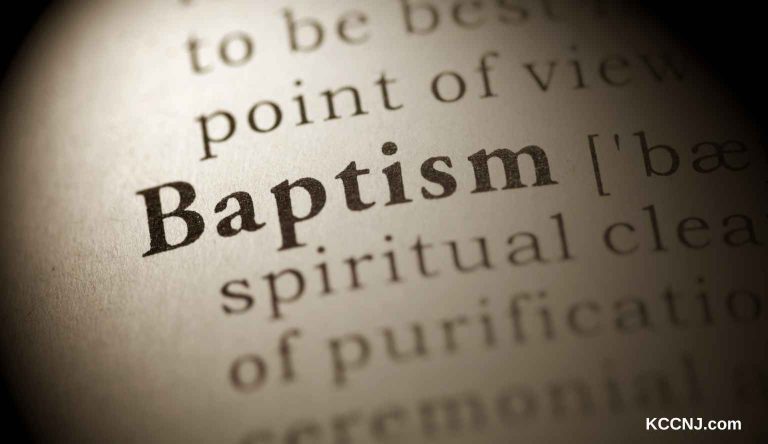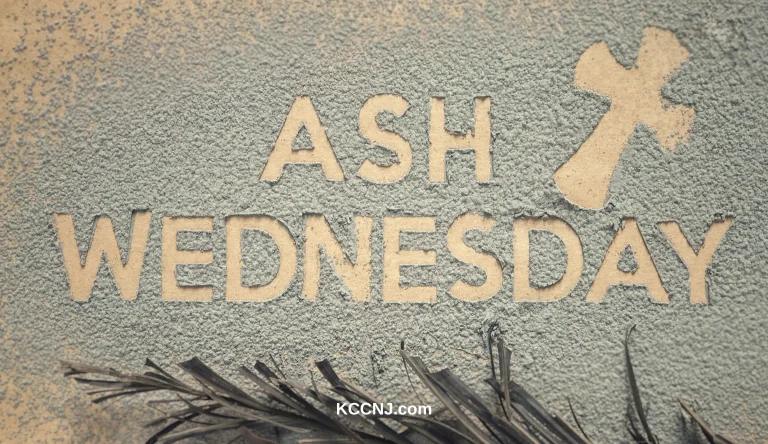Do Methodists believe in speaking in tongues?
Methodist beliefs around speaking in tongues vary a lot. Some churches fully embrace it as a spiritual gift from the Holy Spirit. Others are more reserved. United Methodists may see it as a Pentecostal practice, while Free Methodists place less emphasis on it. Acceptance depends on region and congregation; southern churches tend to be more open compared to northern ones. Methodists see speaking in tongues as an expression of the Spirit, but they balance it with concerns about emotionalism.
Prevalence of Speaking in Tongues
The prevalence of speaking in tongues can vary quite a bit across different Methodist denominations and individual congregations. You might find some Methodist churches, particularly in areas like Southern Illinois and near Carthage and Bloomington, that do engage in the practice. But it’s not something you’d necessarily see in all Free Methodist churches.
And while United Methodists may have members who speak in tongues, it’s more closely associated with Pentecostalism than with Free Methodists.
The Holy Spirit is often the driving force behind speaking in tongues in Methodist churches. Some congregations may embrace it as a way to connect with the divine, while others may be more hesitant. It really depends on the specific beliefs and practices of each individual church.
Denominational Differences in Methodist Beliefs
Alongside the regional variances in speaking in tongues, you’ll find denominational differences in core Methodist beliefs too. Free Methodists, for instance, place less emphasis on the practice than some United Methodist congregations. These distinctions stem from the unique histories and priorities of each Methodist denomination.
You see, while some Methodist churches may have members who speak in tongues, others, like the Free Methodists, generally don’t prioritize it. It’s all about the denomination’s focus—the United Methodists might’ve a stronger tradition of speaking in tongues, whereas the Free Methodists tend to downplay the practice.
These denominational differences in Methodist beliefs on speaking in tongues reflect the diversity within the broader Methodist movement. It’s not a one-size-fits-all approach; the various Methodist churches have their own takes on this controversial issue.
Pentecostal and Charismatic Influences
While some Methodist sects have embraced Pentecostal and charismatic practices, others maintain a more traditional stance. You’ll find that speaking in tongues, often seen as a hallmark of Pentecostalism, has made varying degrees of inroads within the broader Methodist movement.
Some United Methodists have experienced this gift of the Holy Spirit, speaking in unknown languages during prayer and worship. They see it as a spiritual gift that allows them to communicate with God on a deeper level. However, not all Methodist denominations are as open to the idea of speaking in tongues. Some view it as a deviation from their more structured and orderly approach to worship.
Methodist Interpretation of Spiritual Gifts
Methodists generally believe spiritual gifts like speaking in tongues, healing, and prophecy are real and come from the Holy Spirit. You’ll find they don’t view these gifts as mandatory for salvation or full Christian experience. Instead, Methodists see them as tools to build up the church and edify believers.
The specific role and acceptance of speaking in tongues, though, can vary between Methodist denominations and local congregations. Some Methodist churches may encourage the gift of tongues during worship services, while others are more cautious. There’s no uniform position; it depends on the particular Methodist branch.
Diversity of Practices Across Congregations
The acceptance and practice of speaking in tongues can vary widely across Methodist congregations, even within the same denomination. You’ll find some churches openly embrace it during worship, while others remain more cautious or avoid it altogether.
In certain areas, like Southern Illinois or near Harrisburg, Methodist churches may actively encourage speaking in tongues as a manifestation of the Holy Spirit. But just a few towns over, you might encounter Free Methodist churches that don’t typically practice it at all.
Even United Methodist congregations, like those in Illinois near Carthage and Bloomington, can have differing views on the role of speaking in tongues in their services. It really comes down to the unique culture and beliefs of each local church.

Historical Development of Tongues Discourse
Over time, the Methodist discourse on speaking in tongues has evolved, reflecting the diverse perspectives within the denomination.
Early 19th-century Methodist preachers started to support the practice of speaking in tongues as the Pentecostal movement grew. But this caused quite a stir, as traditional Methodists were hesitant to embrace this ‘charismatic’ phenomenon.
Things really heated up in the 1900s when an Anglican priest named Alexander Boddy brought the tongues experience to Britain. The idea that the “holy spirit” could enable Methodists to speak in enigmatic languages captivated some of them. However, others saw it as a threat to the established order.
This divisive debate continues to this day, with some Methodist congregations fully embracing speaking in tongues, while others steer clear of it altogether. The historical development of this discourse highlights the inherent tensions within Methodism when it comes to the role of the supernatural in religious practice.
Theological Debates Within Methodism
Debating the theological merits of speaking in tongues has long divided Methodists, with some embracing it as a spiritual gift while others remain skeptical of the practice.
In the United Methodist Church, for instance, you’ll find individual congregations where members have experienced speaking in tongues, similar to Pentecostal churches. But the denomination as a whole doesn’t have a unified stance on the issue.
The Free Methodist Church, on the other hand, is more rooted in Wesleyan theology and tends to be less aligned with Pentecostal-style practices like speaking in tongues.
Of course, the interpretation of tongues is also a point of contention; some see it as a supernatural language, while others view it as simply an emotional outpouring.
Ultimately, the Methodist approach to speaking in tongues can vary widely, depending on the specific denomination, region, and even individual congregation.
Pastoral Guidance on Charismatic Experiences
Handling the nuances of charismatic experiences can be a delicate task for Methodist pastors, as they seek to balance individual spiritual expressions with the denomination’s broader theological leanings.
When it comes to speaking in tongues, some Methodist churches may embrace this practice, while others maintain a more reserved stance. Pastors need to be sensitive to congregants who feel the Holy Spirit moving them to speak in tongues, while also ensuring that such expressions align with the church’s doctrinal framework.
The key is to create an environment where individuals can explore their spiritual gifts without disrupting the overall unity and focus of the Methodist community. By fostering open dialogues and providing guidance, pastors can help their flock navigate the complex landscape of charismatic experiences within the Methodist church.
Ultimately, the goal is to nurture a vibrant, spirit-filled community that respects the diversity of spiritual expressions while upholding the core tenets of the Methodist faith.
Impact of Regional and Cultural Factors
The prevalence of speaking in tongues within the Methodist church can really depend on where you are.
See, some Methodist churches down in Southern Illinois and around Harrisburg are all about tongues-speaking, while others up north near Carthage and Bloomington might be more reserved about it.
Even between different Methodist denominations, you might find some free churches that don’t practice it at all. It’s just one of those things that can vary a lot based on the region and the local culture.
For some congregations, speaking in tongues is a big part of how they express their connection to the Holy Spirit. But for others, they might see it as more of a personal spiritual experience.
At the end of the day, where you are and the customs of that particular community definitely have an impact on your Methodist beliefs about speaking in tongues.
Personal Testimonies and Narratives
Folks often share their own experiences with speaking in tongues, whether it’s a deeply moving moment or something they struggle to make sense of. Some Methodists will tell you about the time the Holy Spirit came over them during a service, and they started speaking in an unknown language. They’ll say it was a profound spiritual experience that brought them closer to God.
Others might share how they witnessed someone in their congregation suddenly speaking in tongues, and it left them feeling a bit confused, unsure if it aligned with Methodist beliefs.
The truth is, personal testimonies on speaking in tongues can vary widely within the Methodist church. It really depends on the region, the denomination, and the individual congregation. Some places embrace it more openly, while others may view it with more skepticism.
But no matter what, it’s clear that the practice is more commonly associated with Pentecostalism than traditional Methodism. If you’re curious to learn more, it’s best to talk to the folks in your own Methodist community.




